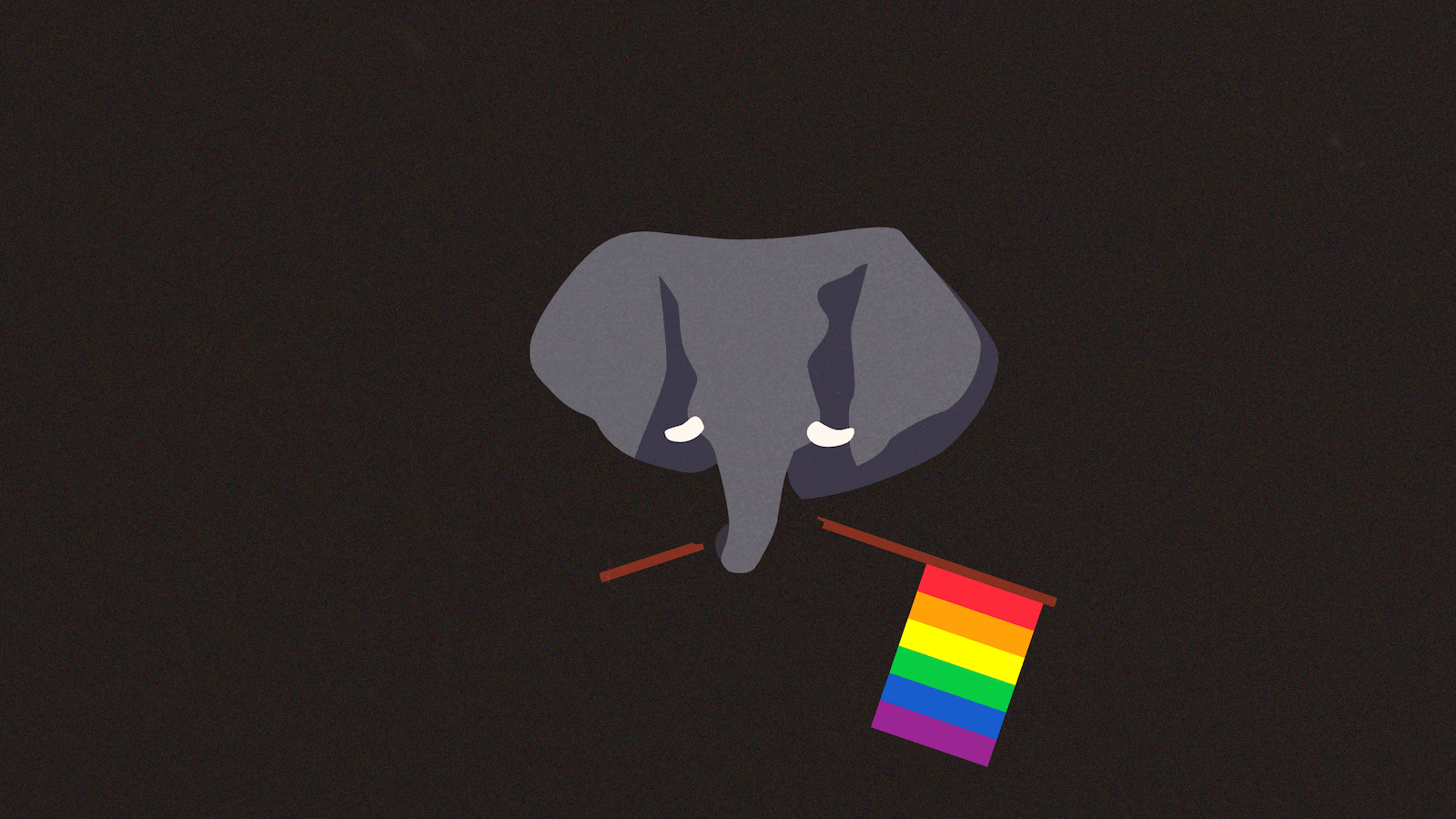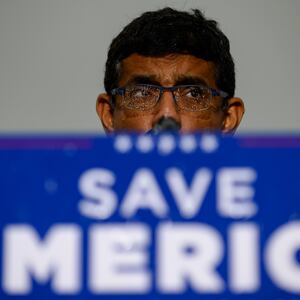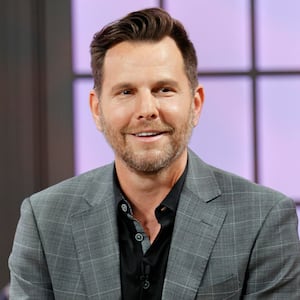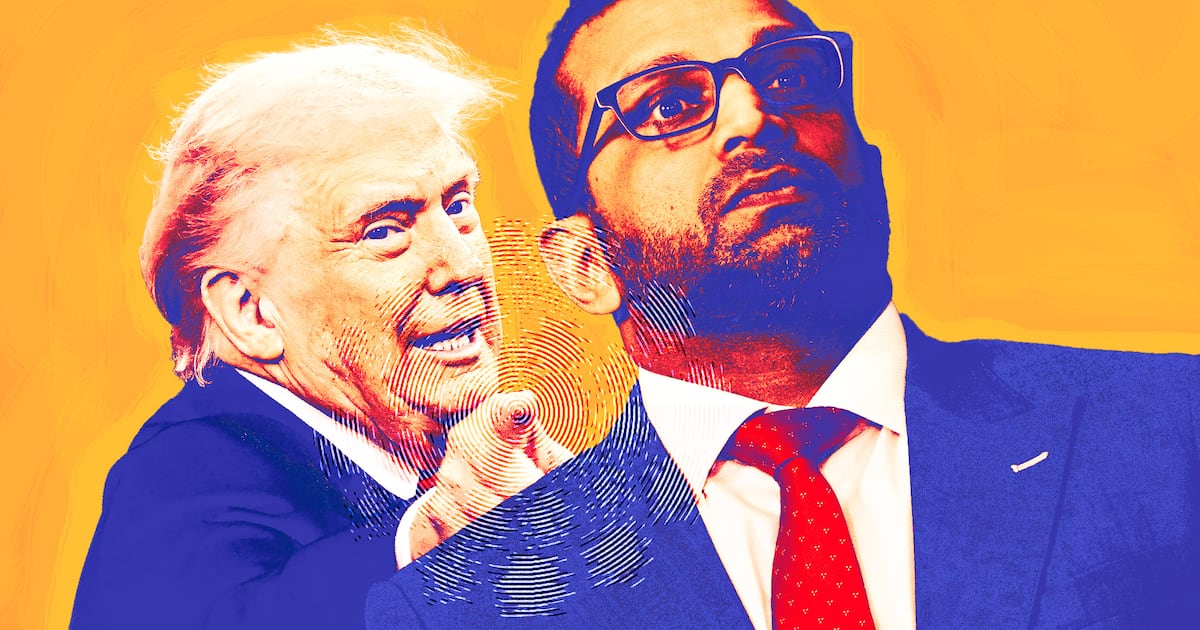I knew I was conservative long before I knew I was queer. A natural contrarian, I always wanted to color outside the box. I had little respect for authority, and a deep desire to challenge mainstream thought and opinion. As an Obama-era kid, it was clear to me even as a child that there was an “approved” way of thinking—which was largely held by the Democratic Party and mainstream media.
Because of this, I knew the Democratic Party was not for me at the age of 12.
Even as a child, I believed in relentless freedom, American exceptionalism, and the promise of our country. That’s what drew me to the Republican Party. Growing up in New Hampshire, I was surrounded by politics, and our GOP leaders were traditionally moderate Republicans who cared little about social and culture war issues, despite the temptations of a rabid activist base.
When I was 18, I interned for New Hampshire Sen. Kelly Ayotte on Capitol Hill in the second-to-last year of her term, as she was beginning to position herself as a moderate voice on issues like LGBTQ rights. In 2014, the message appeared to be quite clear: Gay marriage is a dead issue and Republicans are moving on.
Perfect.
I later studied at Mount Holyoke, a women’s college with a majority queer and gay population. I didn’t consider myself queer then, likely due to my roots as a contrarian and a constant opponent of the collective. In fact, attending Mount Holyoke influenced me into become even more conservative—and I myopically connected queerness exclusively with leftism.
But barely a few months into my freshman year, I was launched into the political arena. A state representative seat had opened in my hometown and local GOP activists were encouraging me to run for it. I obliged and ran as a “liberty” Republican (something fairly unique to New Hampshire), promoting limited government, school choice, and opposing tax increases. To the surprise of many (including myself), I won—instantly becoming one of the youngest elected officials in the country at 19 years old.
I became increasingly and deeply involved in the GOP—as a state delegate, working on campaigns, and attending endless rubber chicken dinners. I allowed the GOP to become a large part of my personal identity.
And then at 20 years old, as an elected Republican politician, I came to realize that I was definitely not straight.
But I didn’t feel as though my association with my party would conflict with my sexual identity. In fact, as I continued to expand my network of queer people, I found that many shared a lot of my core political values. I found myself working to convince these people that they should be open to voting Republican.
Of course, most declined, due to the GOP’s fairly recent history of making opposition to gay marriage a campaign issue. But I tried to assure the skeptics that, as of June 2015, the Supreme Court had made permanently resolved the gay marriage issue—making it the law of the land.
I became more assured that Republicans had embraced gay marriage in 2016 when Donald Trump held a pride flag on the campaign trail. This was something that no GOP presidential candidate had done before… ever. Whatever you think about Trump, this was clearly a sign that Republicans were moving in the correct direction. And then, of course, was the gay tech billionaire Peter Thiel’s rousing speech at the 2016 Republican National Convention, where he not only endorsed Trump but said, “I’m proud to be gay,” to rapturous applause.
And in 2020, that support appeared to be even stronger during President Trump’s reelection campaign. There was palpable energy behind the Log Cabin Republicans and other conservative LGBTQ groups. Heck, even Caitlyn Jenner became a Fox News contributor, being one of the first transgender people to appear as a commentator on Fox ever. Gay voices like Tammy Bruce, Dave Rubin, and Rob Smith were becoming increasingly popular in the conservative movement.
These pundits were making the case for the Republican Party and a second term for President Trump. Now, not even two years later, the right has started an all-out anti-gay panic that seriously threatens marriage equality.
Conservatives are hurling insults at innocent gays online. The majority of House Republicans voted against codifying gay marriage at the federal level. Supporters of marriage equality have been accused by Republican candidates of “sexualizing kindergarteners” and being “groomers.”
What happened over the last decade? Is it no longer politically convenient to be pro-equality?
When I ask my more conservative colleagues about this, they point to examples of gender theory being taught in schools. They point to videos from accounts like @LibsOfTikTok and promote the false narrative that LGBTQ people are out to get their children. Even admitting there can be legitimate concerns about some of the more extreme examples, it’s clear I was wrong to believe LGBTQ equality was a “dead issue.”
The conservative-dominated Supreme Court has shown, in overturning Roe v. Wade, that there’s no precedent they won’t reverse.
And yet, even now, gay conservative political pundits like Dave Rubin say there’s no real divide between conservatives and gays. I can’t help but laugh at this.

Then presidential nominee Donald Trump holding an LGBT rainbow flag given to him by a supporter at a 2016 campaign rally in Colorado.
Photo by Chip Somodevilla/Getty ImagesNot only did members of the far-right radical fringe call for Rubin’s execution when he announced that he and his husband were expecting, but more mainstream conservative political figures and outlets like Allie Beth Stuckey, Jenna Ellis, the National Review and The American Conservative also denounced the couple’s decision to have a baby via a surrogate.
And just recently, conservative Daily Wire host Michael Knowles said, “If Pete Buttigieg and Chasten can be married, then marriage has no concrete meaning.”
What year are we living in? Weren’t these same conservatives celebrating gay Trump voters 15 minutes ago?
And how are the Log Cabin Republicans pushing back against this radical turn? They aren’t. Instead, they’re cheering for the 47 Republicans who supported marriage equality, without acknowledging that a quarter of the Republican caucus is not a victory.
I’m 26 years old, but I’ve already seen a lot while working in politics. I still believe the right has the majority of correct ideas, but radical conservatives are putting all of these issues in jeopardy by pushing bigotry and reigniting a culture war battle that conservatives like myself were assured was firmly in the past.
Senate Republicans have the opportunity to right the wrongs of the majority of House Republicans. They have an opportunity to show the Republicans stand for freedom and family. And we only need 10 of them to join Democrats and pass the Respect for Marriage Act.
It’s time for the GOP to reject the prejudices of the past, tame its extremist elements, and commit to freedom for all Americans regardless of their sexual identity.
This is a defining moment and a defining issue for the party. If Republican senators do not rise to the occasion, the conservative movement will have traded its soul—support for individual rights—to appease a backward-looking minority of its base.









